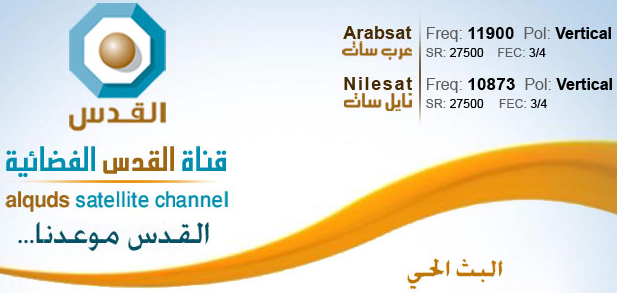今回も海外からの情報で、これも別のテレビ音声を流していることが分かった。5835kHzはAl AqusaTVの音声を、6220kHzはAl QudsTV音声を出していることが確認できた。6220kHzはやはり5815kHzからQSYし別のTV中継をしていることになる。
Al QudsTVはストリーミングで見ることが出来、それを見ながらのワッチとなった。短波のほうが30秒ほど早く聞こえているが、6220kHzと同じ音声であることが分かる。ビットレートは102 Kbpsと低く、その分画質も劣るが携帯画面ほどのサイズならよく見える。3日の6220kHzは2118’20”に番組途中でキャリアーオフ。
これでハマスのテレビチャンネル二つが短波で出ていることになる。ラジオさえあればとりあえずはニュースが聞けるということになる。
しかしよく考えてみればおかしなことも見受けられる。オバマ政権になり、イスラエルの対ハマス軍事作戦は支持する一方で、人道面をより重視する姿勢からイスラエルに対する停戦圧力も強めている。
更に、イスラエル軍は、ガザ地区にあるこのテレビ局「Al-Aqsa」を乗っ取ったとも報道されている。You Tubeチャンネルを開始したり、Al-Aqsaにハッキングを仕掛けたり、外国向けプレスは、「ブログ界とニューメディアはもうひとつの戦場だ」と発言しているほどだ。
ユダヤ、イスラエルの野望はイスラエルの存続、パレスチナ国家を認めるわけにはいかず、ユダヤはイスラエルの地にしがみついている。ハマスもイスラエルとの平和共存は望んでいないでしょう。
5835kHz Al Aqusa TV
6220kHz Al Quds TV







